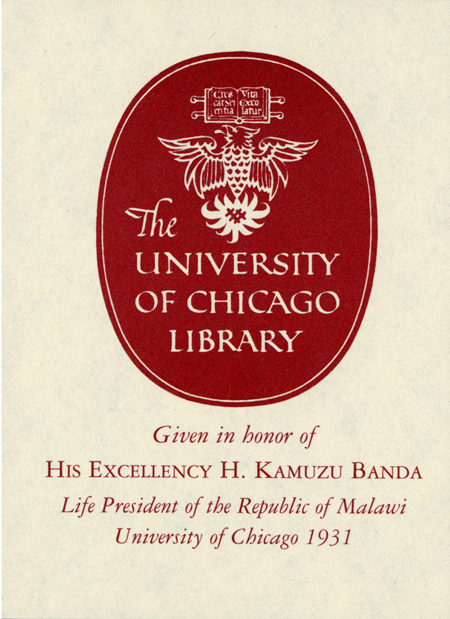| Summary: | Small enterprises, most of them operating informally, are Nigeria's most important providers of employment. Nevertheless, they have to face many disadvantages in their business activities. A conducive policy environment would be necessary to overcome the difficulties of small enterprises and take advantage of their various positive features. Structural Adjustment Programmes (SAP) promised to enhance the opportunities of the small enterprise sector. Why were these hopes not fulfilled? What are the actual effects of SAP's prominent instruments on the small enterprise sector? Which is the framework for small enterprise promotion after the implementation of SAP? The book addresses these questions and deals with institutional arrangements and promotional projects, focusing on skills acquisition as a bottleneck for employment generation. Of particular interest is the Nigerian Open Apprenticeship Scheme NOAS, which originated in the desire to alleviate the social and labour market problems of SAP. One of the scheme's important features - and almost unique in the developing world - is its combination of in-firm training with schooling. Can this project be further enhanced by learning from the German vocational training system, where a similar approach is considered to be responsible for its successful performance? The book also offers information on other aspects of development co-operation between German agencies and Nigerian counterparts in the field of small-enterprise promotion: The Friedrich Ebert Foundation gives an overview of its various activities to promote SSE performance in Nigeria, and an evaluation of a German-Nigerian Vocational Training Project provides one of only a few published first-hand insights into the practical problems of co-operation on the project level.
|
|---|

